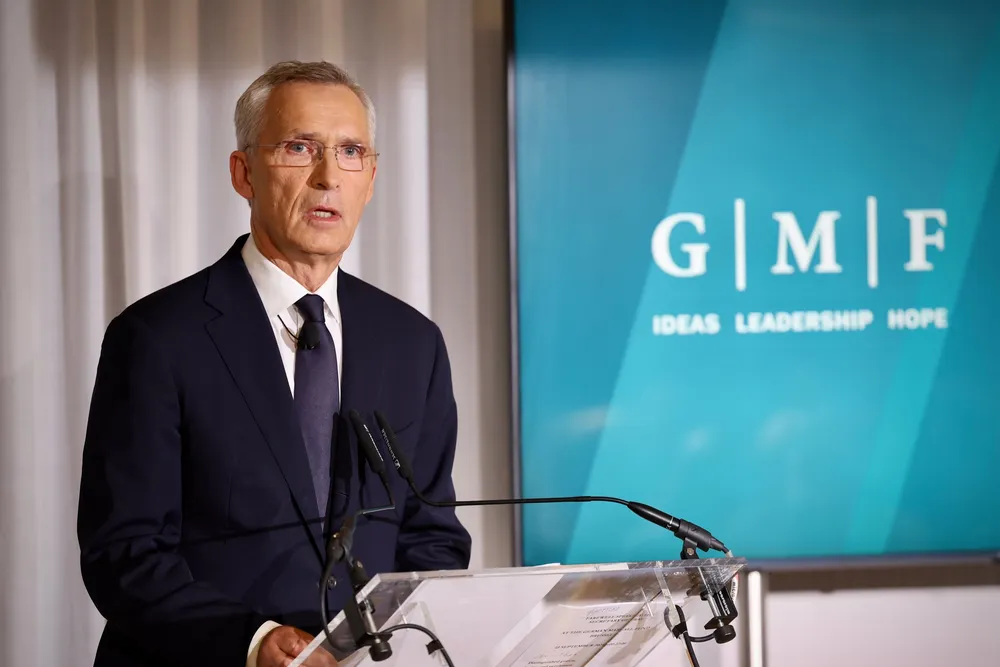Offshore wind like the dotcom bubble, says former NATO chief
Offshore wind and green hydrogen are both sectors where there turned out to be 'too much optimism,' says Jens Stoltenberg, who believes renewables technologies are still set to change the world

The rise and more recent setbacks to offshore wind are akin to the dotcom bubble of the late nineties, says former NATO chief and Norway’s current finance minister Jens Stoltenberg.
“This applies to offshore wind and hydrogen. It's a bit like the dotcom bubble in 2000. Everyone thought information technology was going to revolutionise the world. Everyone invested in it, and then there was a setback.”
The dotcom bubble refers to the rapid rise in the value of internet services and technology during the late nineties that ultimately burst in the very early 2000s.
Offshore wind had more recently enjoyed a period of steadily increasing investment, optimism and lowering costs before Russia’s full-scale invasion of Ukraine in 2022, which triggered inflation and supply chain challenges that have dealt the sector a painful setback. Green hydrogen has also gone through a period of huge hype to more recent realism.
There are also positive parallels to the dotcom comparison, said Stoltenberg, who served as Norway’s Prime Minister from 2005 to 2013, after which he led the NATO military alliance for a decade until last October.
“Information technology came and changed the world. As the green shift will do. Even though there have been attempts at a bubble in offshore wind and hydrogen.”
Stoltenberg said that the energy transition is happening on an “enormous scale around the world, where the big money is going to climate-friendly energy and less and less to fossil fuels. It's going that way.”
On the potential consequences of a lack of faith from businesses in offshore wind, Stoltenberg said: “Technologies that experience high expectations and setbacks can come back again. I won't point out which technologies will win out. The most important thing governments do is not to subsidize what we like, but to tax what we don't like.”
He rebuffed the suggestion that billions of Norwegian krone should be pumped into floating wind to help get the burgeoning sector off the ground.
“We are committed to helping to get something started in Norway, but no one believes there should be permanent subsidies for this type of technology. It must eventually become profitable. But I think it is right for the state to contribute something to start-ups and research and development.”
The principle, he said, is that companies must ultimately find the right solutions rather than relying on government committing to permanent large subsidies.
(Copyright)